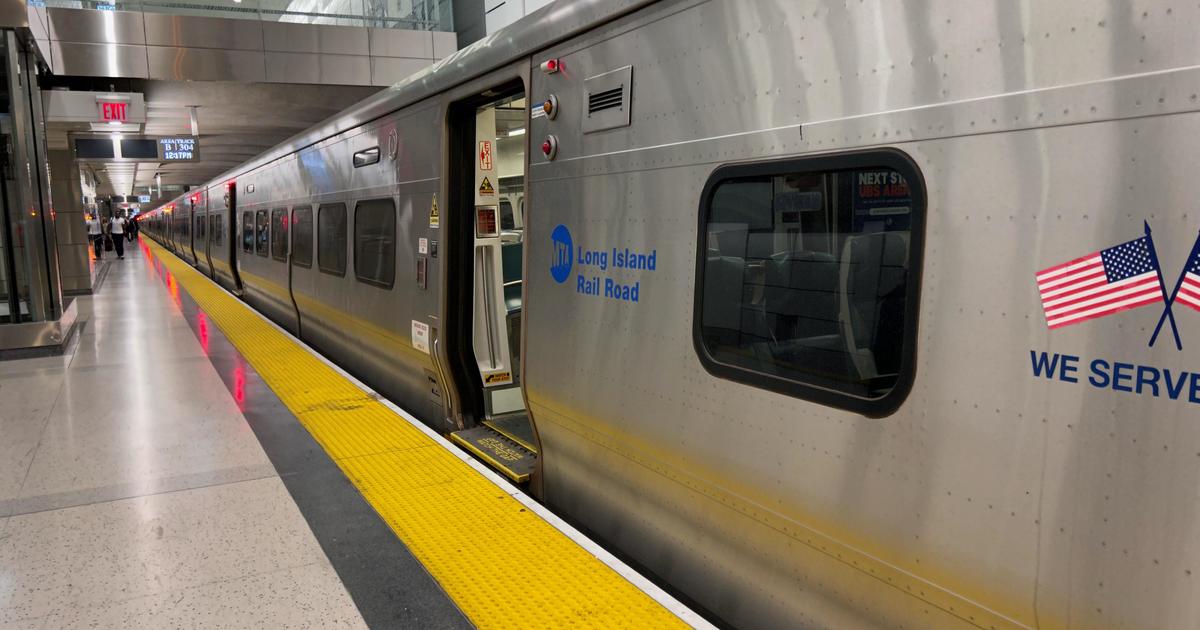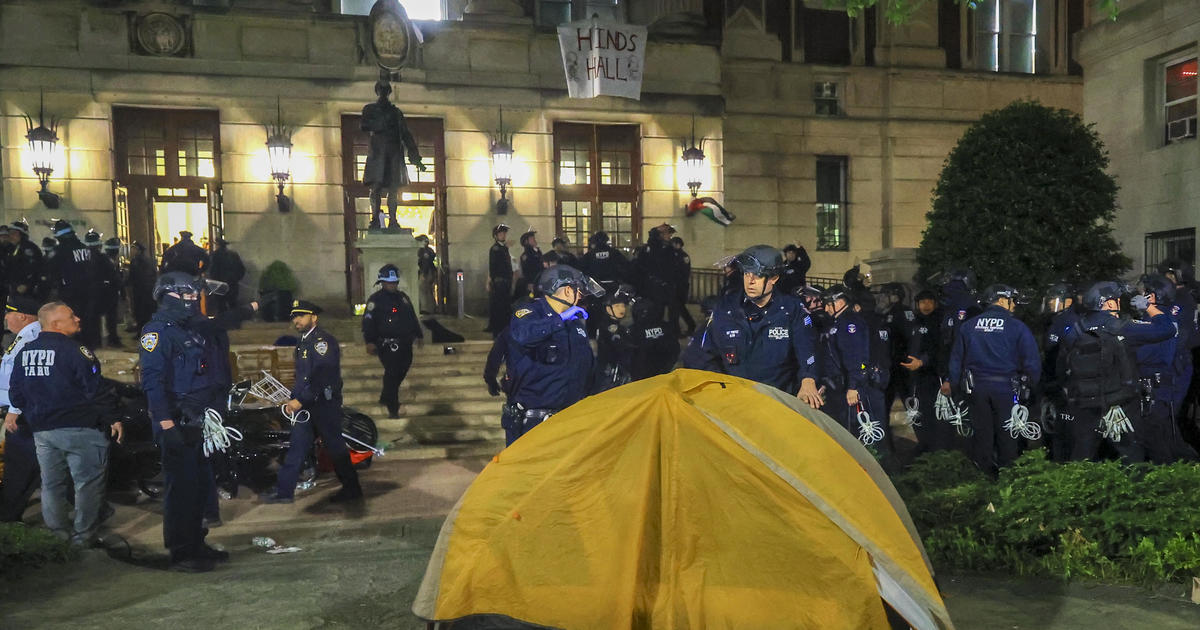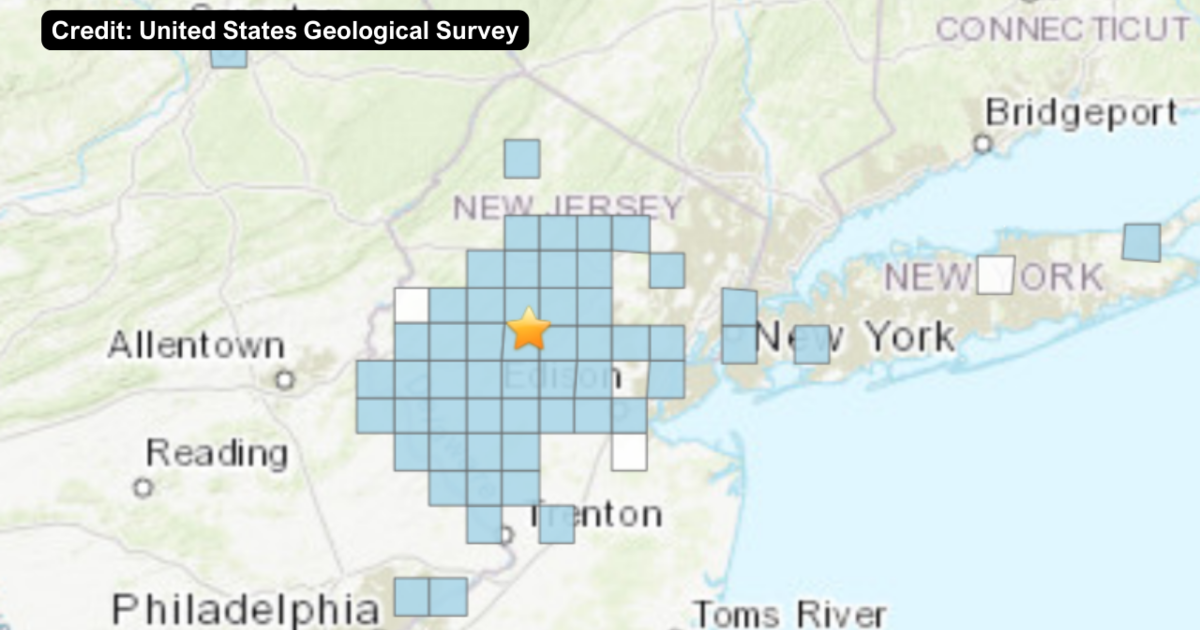Ban On Most Electronics May Expand To Flights To Europe, U.K.
WASHINGTON (CBSNewYork/CBS News/AP) -- The U.S. is now considering a ban on most electronic devices on U.S.-bound flights from 10 countries in the Middle East and North Africa to "likely" include flights departing the U.S. for Europe and the United Kingdom, CBS News reported Monday.
Department of Homeland Security officials are currently still weighing the advantages of expanding the ban against possible disruptions it will cause. Government officials have been meeting with U.S. airlines on a nearly weekly basis and intend to do so again later this week. Officials do not expect an announcement before Wednesday, but say a decision could come in the next few weeks.
In March, the initial ban was announced for nonstop flights to the U.S. from 10 international airports serving the cities of Cairo in Egypt; Amman in Jordan; Kuwait City in Kuwait; Casablanca in Morocco; Doha in Qatar; Riyadh and Jeddah in Saudi Arabia; Istanbul in Turkey; and Abu Dhabi and Dubai in the United Arab Emirates. The ban was indefinite.
Royal Jordanian said in March that cellphones and medical devices were excluded from the ban. Everything else, the airline said, would need to be packed in checked luggage. Royal Jordanian said the electronics ban affects its flights to New York, Chicago, Detroit and Montreal.
DHS officials have maintained since the initial electronics ban was announced in March that the policy was under active discussion and could be expanded.
The Transportation Security Administration told CBS News in a statement, "We have not made any decisions on expanding the electronics ban; however, we are continuously assessing security directives based on intelligence and will make changes when necessary to keep travelers safe.
Former top TSA officials indicate to CBS News that a laptop ban has been at least discussed for well over a year dating back to an attack on a Somali airliner. The sense then was a total or widespread ban was impractical and would lead to outcry from business travelers who may elect not to travel if they can't work on board.
Further issues include the amount of sensitive personal and professional information stored on laptops and tablets that would be suddenly forced into checked bags and the steep increase in the number of lithium-ion batteries in the cargo hold, which presents its own danger.
Most major airports in the United States have a computer tomography or CT scanner for checked baggage, which creates a detailed picture of a bag's contents. They can warn an operator of potentially dangerous material, and may provide better security than the X-ray machines used to screen passengers and their carry-on bags. All checked baggage must be screened for explosives.
CBS News' Katie Ross Dominick, Andy Triay and Kris Van Cleave contributed to this report.
(© Copyright 2017 The Associated Press. All Rights Reserved. This material may not be published, broadcast, rewritten or redistributed.)



